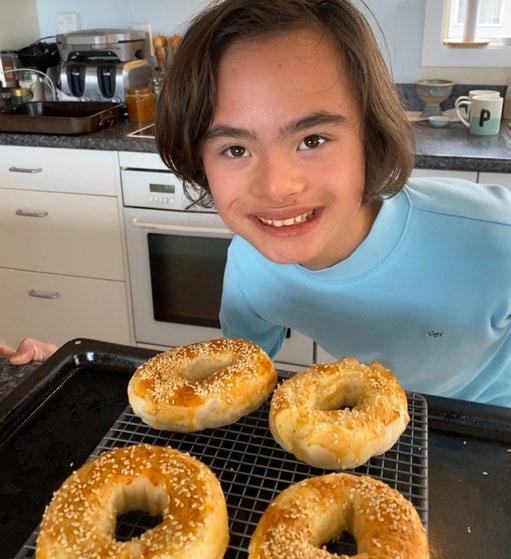Health
IMPORTANT HEALTH RELATED ISSUES FOR FAMILIES TO CONSIDER Linda te Kaat of the NZDSA attended the New South Wales Down syndrome Health Conference. In the second part of reporting from the conference, we cover dementia, relationships with your GP and Atlanto-Axial Instability. Dementia is an increasingly important issue in the Down syndrome community and the Health Conference in Sydney dedicated a special session to dementia The session started with a mother speaking of her 45-year-old daughter’s journey with dementia. As her daughter flatted for 15 years, the early signs were not picked up, but she got quieter and did not participate as much as she usually did. She then had a seizure out of the blue and this was the beginning of the journey. In Australia, just like New Zealand, there are few care options for people under 65 years of age. There are many causes of dementia and it is usually progressive and irreversible with declines in thinking, memory and functional skills. There are two categories for ages, younger is under 65 and older is 65+ years. Any decline before 40 years of age usually would not be dementia, but more likely to be a medical
30
problem and always requires thorough medical investigation. Types of dementia include Alzheimer's disease, frontotemporal, Lewy body, vascular, and other. How common is dementia in Down syndrome? AGE
RATE
<40
<10%
50s
30%
60s
50%
>65
80%
But where do you start if anyone starts showing dementia symptoms? Visit the GP and make sure they consider other reasons first like physical health, depression, sensory, thyroid issues, vitamin and mineral deficiencies, environmental stressors and mediation reactions. Make sure you track changes by using the Dementia Screening Questionnaire for Individuals w i t h I n te l l e c t u a l D i s a b i l i t i e s ( D S Q U I I D) assessment of skills and clinical review. The next step is breaking the news to the person with Down syndrome, family and carers, and













